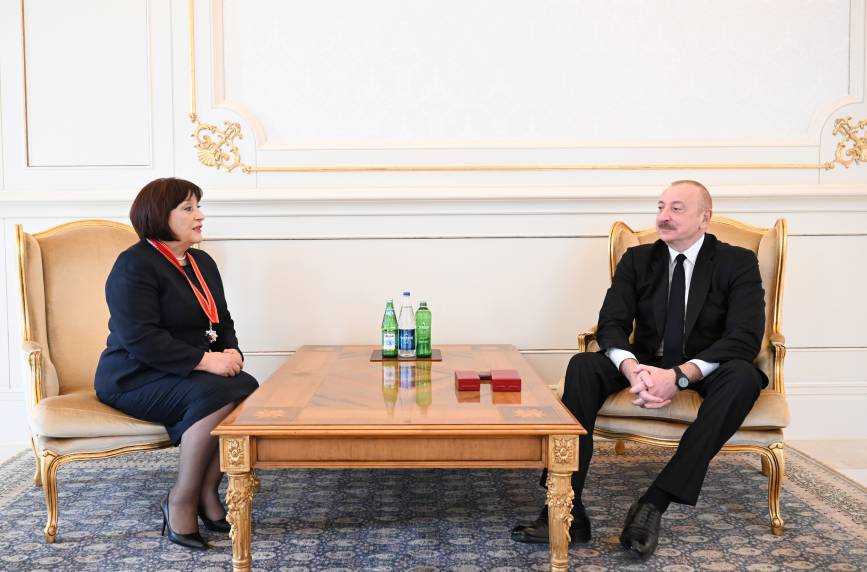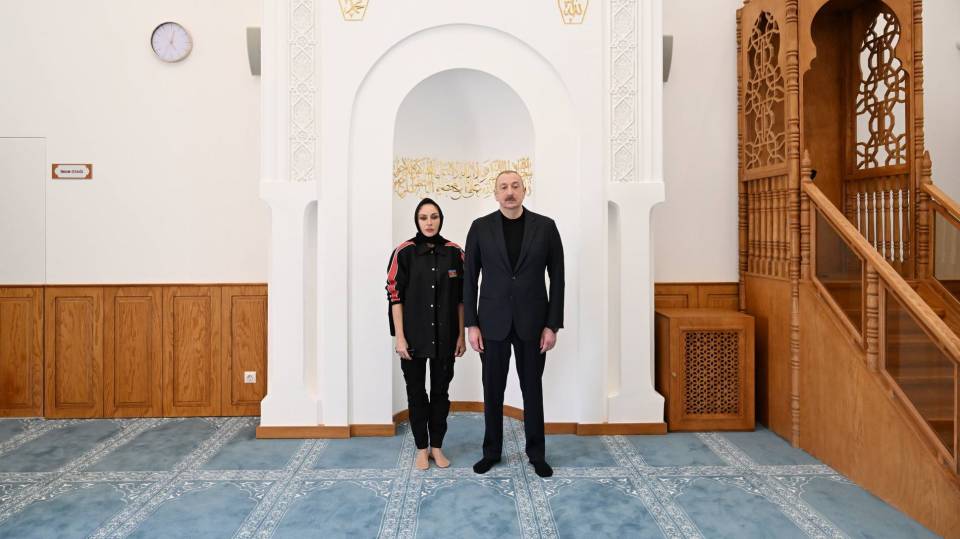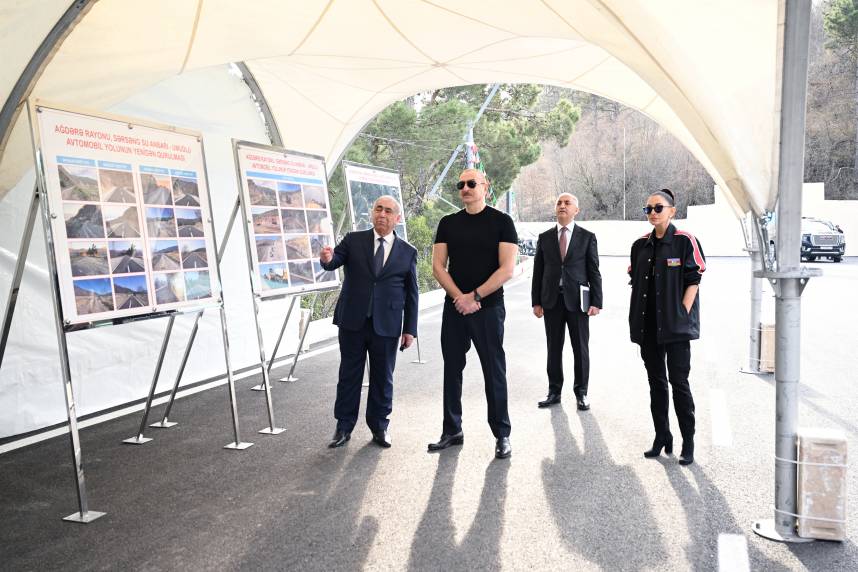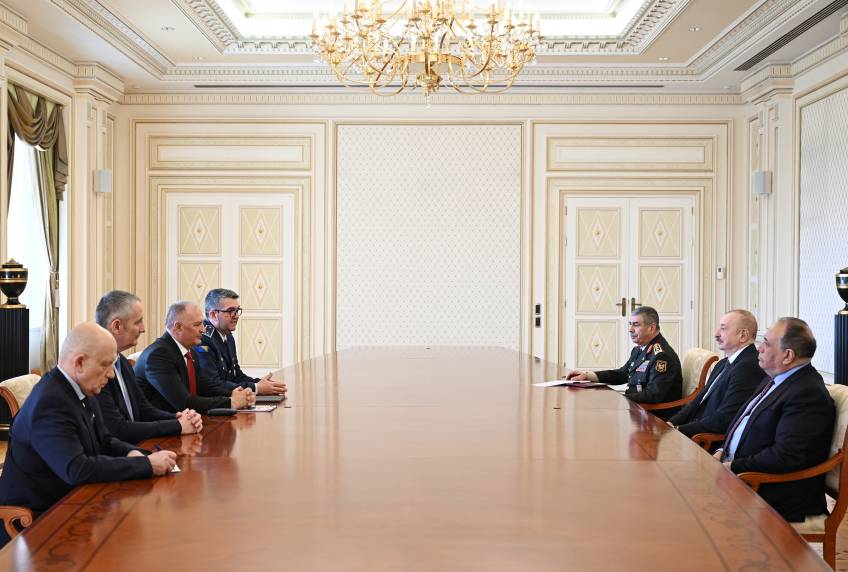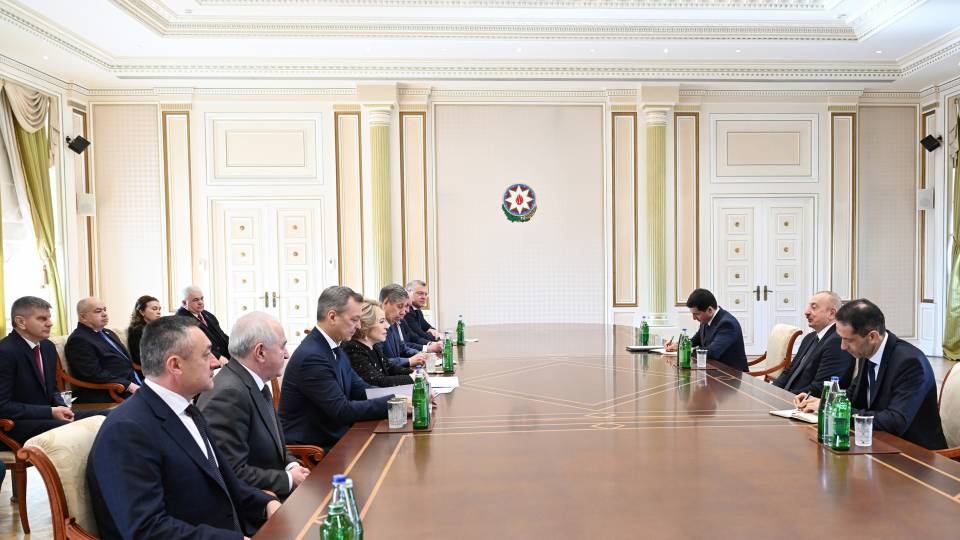Today's Zaman
Sunday, 06 February 2011
AMANDA PAUL
A few weeks ago Russian academic Anatoly Tsyganok suggested that a renewal of hostilities over the Azerbaijani province of Nagorno-Karabakh could lead to World War III.
This view contradicts that of well-known South Caucasus expert Svante Cornell, who recently claimed any new war would be quick with little fallout and that Azerbaijan’s military might would quickly overpower Armenia.
Any war -- long or short -- would be a disaster for a region that has already suffered too much bloodshed. While Azerbaijan’s defense spending is inching towards the $3 billion mark there is more to winning a war -- as the US would attest -- than owning vast quantities of arms. Victory requires smart military strategy and coordination. Until now Azerbaijan’s army has gone untested; Armenia’s military prowess should also not be underestimated, and there are many unknowns such as the reaction of other powerful regional actors.
However, after what happened in Georgia it would be naïve to believe that war -- even an accidental war -- is not a possibility. Nowadays the Georgians themselves have begun to flag increasing fears over Karabakh given that Georgia would be one of the first countries to feel the impact.
The peace negotiations between Azerbaijan and Armenia are in trouble, with a January meeting between the foreign ministers of the two countries, together with Russian Foreign Minister Sergey Lavrov, apparently producing no results. Azerbaijani President Ilham Aliyev has made several speeches stressing frustration and pointing out that while Azerbaijan wants a peaceful solution, Baku is also ready for war. Meanwhile in November, Armenian President Serzh Sarksyan, dressed in camouflage fatigues, gave a speech to troops in the Armenian-occupied Azerbaijani town of Agdam, stating that he wanted peace but that they should be prepared for war.
Unfortunately the West seems to have inertia towards Karabakh, evidently believing the fragile -- but increasingly violated – cease-fire will last forever. The West endeavors to have a balanced approach, neither telling Baku to stop with the war statements nor telling Yerevan that its continued occupation of the seven Azerbaijani territories surrounding Nagorno-Karabakh is unacceptable and would eventually have consequences. Negotiations continue almost just for the sake of it on a set of “Basic Principles.” Presently Baku claims to have accepted the last version of the Basic Principles; Armenia disputes this. The Organization for Security and Cooperation in Europe (OSCE) Minsk Group gets blamed for the lack of progress. Meanwhile both leaderships feed their publics untruths. Karabakh has had a major impact on the two societies’ strengthening mutual negative stereotypes and aggressive rhetoric. The conflict continues to strongly influence political life and hold back democratization.
Washington has become less engaged, being busy elsewhere. The US is also increasingly giving the impression that it views the region as first and foremost the responsibility of the EU, given it is part of the EU’s European Neighborhoods Policy.
However, until now the EU has lacked strong engagement with the region. In recent times Moscow has been driving the peace process with several meetings taking place under Russia’s lead. Indeed, since 2010, Moscow has moved to strengthen ties with both Yerevan and Baku, with the West losing ground to increasing Russian economic, military and political advancement -- military agreement with Armenia (both nations are in the Collective Security Treaty Organization [CSTO]) and growing economic ties with Baku.
Because of Russia’s “special” relationship with each country, Moscow is well situated to mediate and push for a resolution. However, at the same time a final solution to Karabakh would diminish the role of Russia in the region and open the door to much greater roles for the West and regional players, such as Turkey or even Iran. Therefore, even though Russia certainly does not want a new war -- not least for energy transit reasons -- it is unlikely that Russian-led talks will bring a solution -- unless Moscow has a massive incentive. Moscow will probably continue to exploit the process in order to further consolidate its economic and political clout, continuing to shuttle between the two capitals -- squeezing whatever more it can get out of the two leaders.
With risk of the conflict exploding at any time, this approach is not in the interest of any party -- including Russia. We need another “mediator” to step in. The EU has always backed away, but perhaps it is time for it to step up. There are small signs that Brussels is beginning to recognize it should do more. The European Commission, elements of the fledgling European External Action Service and the European Parliament are starting to push for a greater EU role. To succeed they will need to convince key member states, and this is not easy. Efforts from civil society, think tanks and the like will also be required to flag the dangers of Karabakh to the EU.
If the EU fails to act, it risks war on its doorstep, which it will almost certainly find itself “cleaning up” afterwards. Furthermore it will become increasingly sidelined as Russia and indeed China move to further strengthen ties and influence with countries in the region.
Link to article

